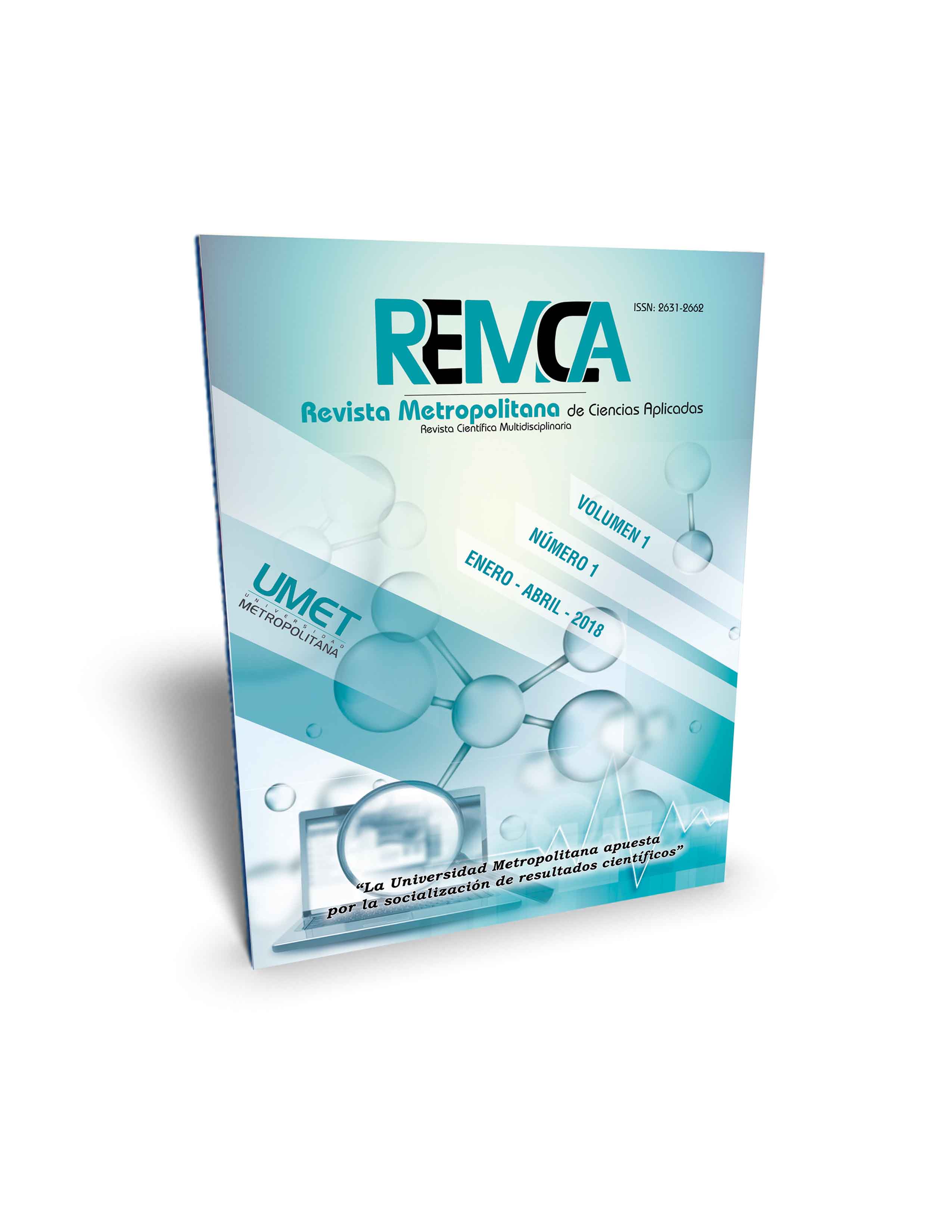Educational management in the current conditions
DOI:
https://doi.org/10.62452/5myfsh96Keywords:
Management, educational management, processAbstract
In the article a study is made of the theoretical - methodological foundations of the educational management, in correspondence with the social and educational demands. The study offers in its conceptual framework, the definition of “administration”, “management”, “management” and educational management, “the sociological, psychological, pedagogical and didactic foundations, as well as the necessary changes in educational management in current conditions. to contribute to quality education for all. The work used the methods: analytic-synthetic, historical-logical, inductive-deductive, the transition from the abstract to the concrete, the observation and the interview.
Downloads
References
Alonso, S. H. (2011). Fundamentos de la actividad de dirección en las condiciones actuales. Conferencia. La Habana.
Arias Cabello, E. V. (2016). La gestión educativa y su influencia para disminuir los efectos del sindrome de Burnout en el personal docente. Tesis de Maestría en Gerencia Educativa. Milagro: Universidad Estatal de Milagro.
Assmán, G. (1977). Fundamentos de Sociología Marxista -Leninista. Berlín: Dietz.
Casassus J. (2000). Problemas de la gestión educativa en América Latina o la tensión entre los paradigmas de tipo A y de tipo B. Recuperado de http://www.lie.upn.mx/docs/Especializacion/Gestion/Lec2%20.pdf
Chiavenato, I. (2004). Gestión del talento humano. México: Mc Graw Hill.
Ecuador. Asamblea Nacional. (2008). Constitución de la República del Ecuador. Quito: Asamblea Nacional.
Hernández, K. (2013). Propuesta de guía de administración educacional del ejercicio jurídico de los estudiantes de derecho de la Universidad de Cienfuegos. Recuperado de http://www.eumed.net/libros-gratis/2013a/1311/1311.pdf
Koontz, H., & Weihrich, H. (1994). Administración. Una Perspectiva Global. México: McGraw-Hill Interamericana S.A. de C.V.
Llantada, M. (2004). Reflexiones teórico - prácticas desde las Ciencias de la Educación. Presupuestos teóricos metodológicos acerca de la educación. La Habana: Pueblo y Educación.
Martí, J. (1975). Escuela de Electricidad En: Martí Pérez J. La América. La Habana: Ciencias Sociales.
Martínez, R. (2000). Evaluación de la Gestión Universitaria. Informe preparado para la Comisión Nacional de Evaluación y Acreditación Universitaria. Buenos Aires: CONEAU.
Marx, C. (1973). El Capital (Vol. Tomo I). La Habana: Ciencias Sociales.
Mintzberg, H. (1984). Power And Organization Life Cycles. The Academy Of Management Review, 9(2), 207-224. Recuperado de https://www.nmbu.no/download/file/fid/15126
Oliveira, I. L. (2002). Dimensão estratégica da comunicação no contexto organizacional contemporâneo: um paradigma de interação comunicacional dialógica. Tesis Doctoral. Rio de Janeiro: Universidade Federal do Rio de Janeiro.
Pino Guzmán, E. M., et al. (2008). Diccionario Cubano de Términos de Dirección. La Habana: Educación Cubana.
Restrepo González, G. (2010). El Concepto y Alcance de la Gestión Tecnológica. Recuperado de http://ingenieria.udea.edu.co/producciones/guillermo_r/concepto.html
Ruiz Calleja, J. M. (2004). Dirección y Gestión Educativa. Medellín: ESUMER
Sisk, H., & Sverdlik, M. (1976). Administración y gerencia de empresas. Cincinati: South Westerm Publishing Co.
Valle, A. (2007). Dirección, Organización e Higiene Escolar. La Habana: Pueblo y Educación.
Downloads
Published
Issue
Section
License
Copyright (c) 2018 Virginia Bárbara Pérez Payrol, Mireya Baute Rosales, Mabel Morales Cruz (Autor/a)

This work is licensed under a Creative Commons Attribution-NonCommercial-ShareAlike 4.0 International License.
Authors who publish in Revista Metropolitana de Ciencias Aplicadas (REMCA), agree to the following terms:
1. Copyright
Authors retain unrestricted copyright to their work. Authors grant the journal the right of first publication. To this end, they assign the journal non-exclusive exploitation rights (reproduction, distribution, public communication, and transformation). Authors may enter into additional agreements for the non-exclusive distribution of the version of the work published in the journal, provided that acknowledgment of its initial publication in this journal is given.
© The authors.
2. License
The articles are published in the journal under the Creative Commons Attribution-NonCommercial-ShareAlike 4.0 International License (CC BY-NC-SA 4.0). The terms can be found at: https://creativecommons.org/licenses/by-nc-sa/4.0/deed.en
This license allows:
- Sharing: Copying and redistributing the material in any medium or format.
- Adapting: Remixing, transforming, and building upon the material.
Under the following terms:
- Attribution: You must give appropriate credit, provide a link to the license, and indicate if any changes were made. You may do this in any reasonable manner, but not in any way that suggests the licensor endorses or sponsors your use.
- NonCommercial: You may not use the material for commercial purposes.
- ShareAlike: If you remix, transform, or build upon the material, you must distribute your creation under the same license as the original work.
There are no additional restrictions. You may not apply legal terms or technological measures that legally restrict others from doing anything the license permits.




